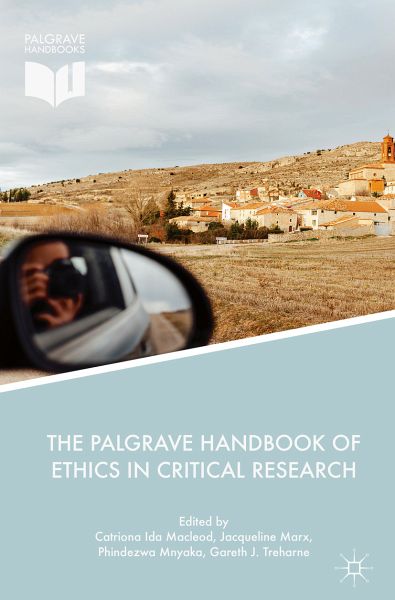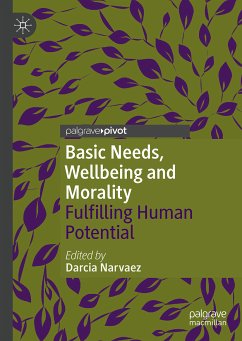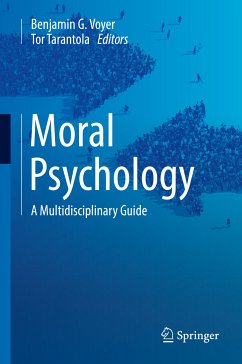
The Palgrave Handbook of Ethics in Critical Research (eBook, PDF)
Versandkostenfrei!
Sofort per Download lieferbar
96,95 €
inkl. MwSt.
Weitere Ausgaben:

PAYBACK Punkte
48 °P sammeln!
This handbook highlights the growing tensions surrounding the current dominant ethical clearance model which is increasingly being questioned, particularly in critical research. It draws on stories from the field in critical research conducted in a range of contexts and countries and on an array of topics. The authors involved in this collection encountered dilemmas, contradictions and surprises that brought about a change in their understanding of ethics. Throughout the book they discuss how ethics is an ongoing and situated struggle that requires researchers, at times, to traverse traditiona...
This handbook highlights the growing tensions surrounding the current dominant ethical clearance model which is increasingly being questioned, particularly in critical research. It draws on stories from the field in critical research conducted in a range of contexts and countries and on an array of topics. The authors involved in this collection encountered dilemmas, contradictions and surprises that brought about a change in their understanding of ethics. Throughout the book they discuss how ethics is an ongoing and situated struggle that requires researchers, at times, to traverse traditional ethical imperatives. Four sections lead readers through the complexities of grounded ethical practice: encountering systems, including Ethics Committees and institutions; blurring boundaries within research; the politics of voice, anonymity and confidentiality; and power relations in researching 'down', 'up', and 'alongside'. This handbook is a resource for social science researchers using critical methodologies across a range of disciplines, as well as for students and teachers of ethics, in navigating the quandaries of 'doing good' while doing good research.
Dieser Download kann aus rechtlichen Gründen nur mit Rechnungsadresse in A, B, BG, CY, CZ, D, DK, EW, E, FIN, F, GR, HR, H, IRL, I, LT, L, LR, M, NL, PL, P, R, S, SLO, SK ausgeliefert werden.












